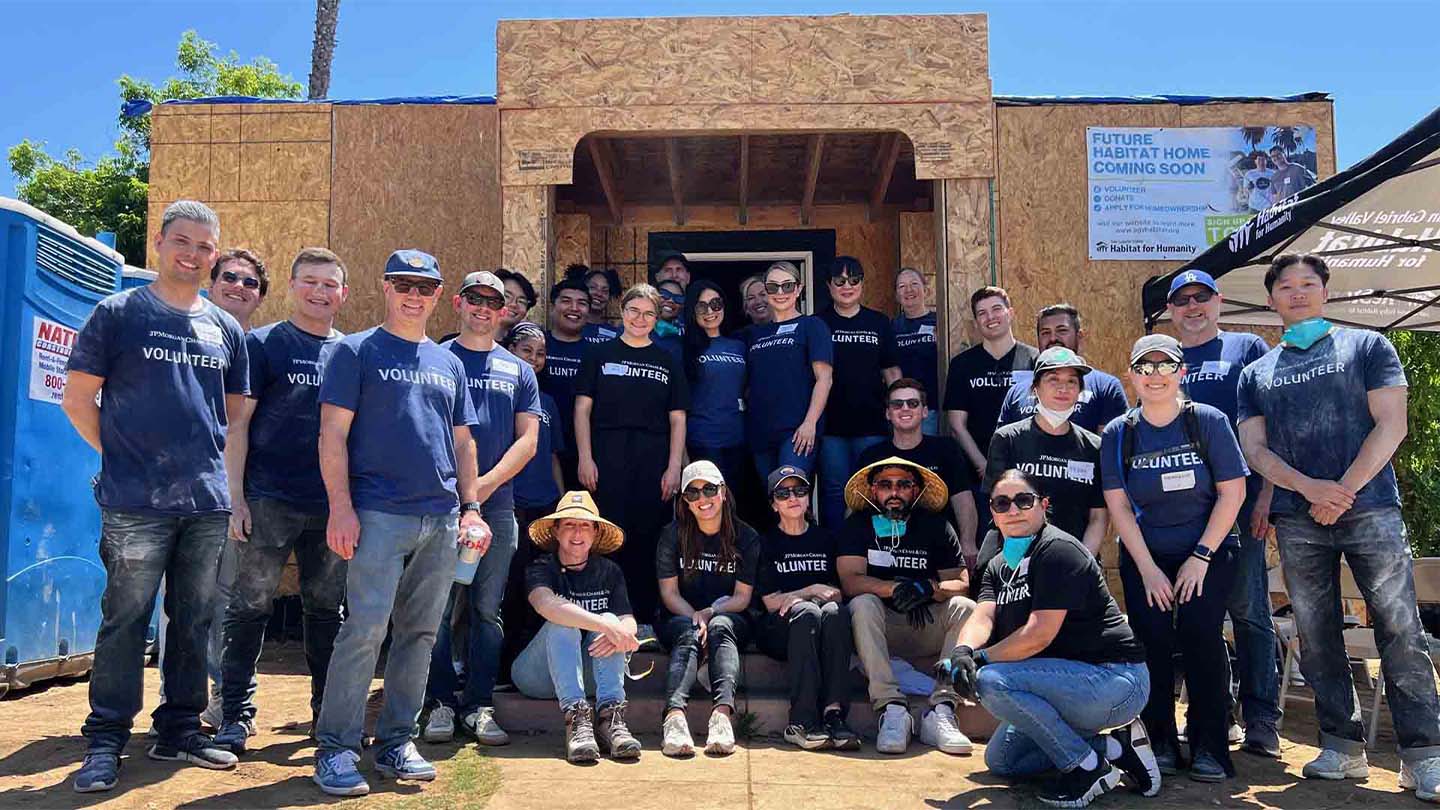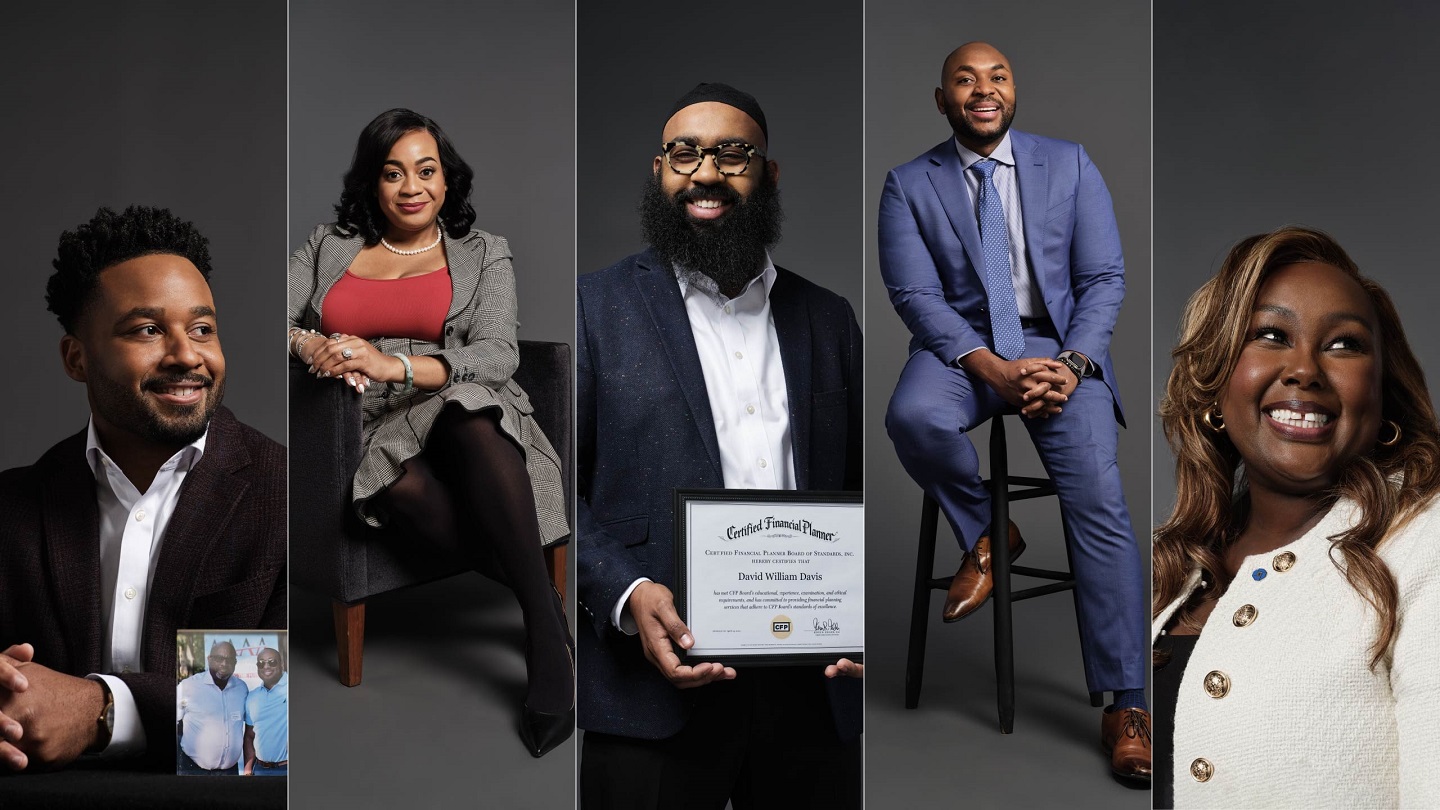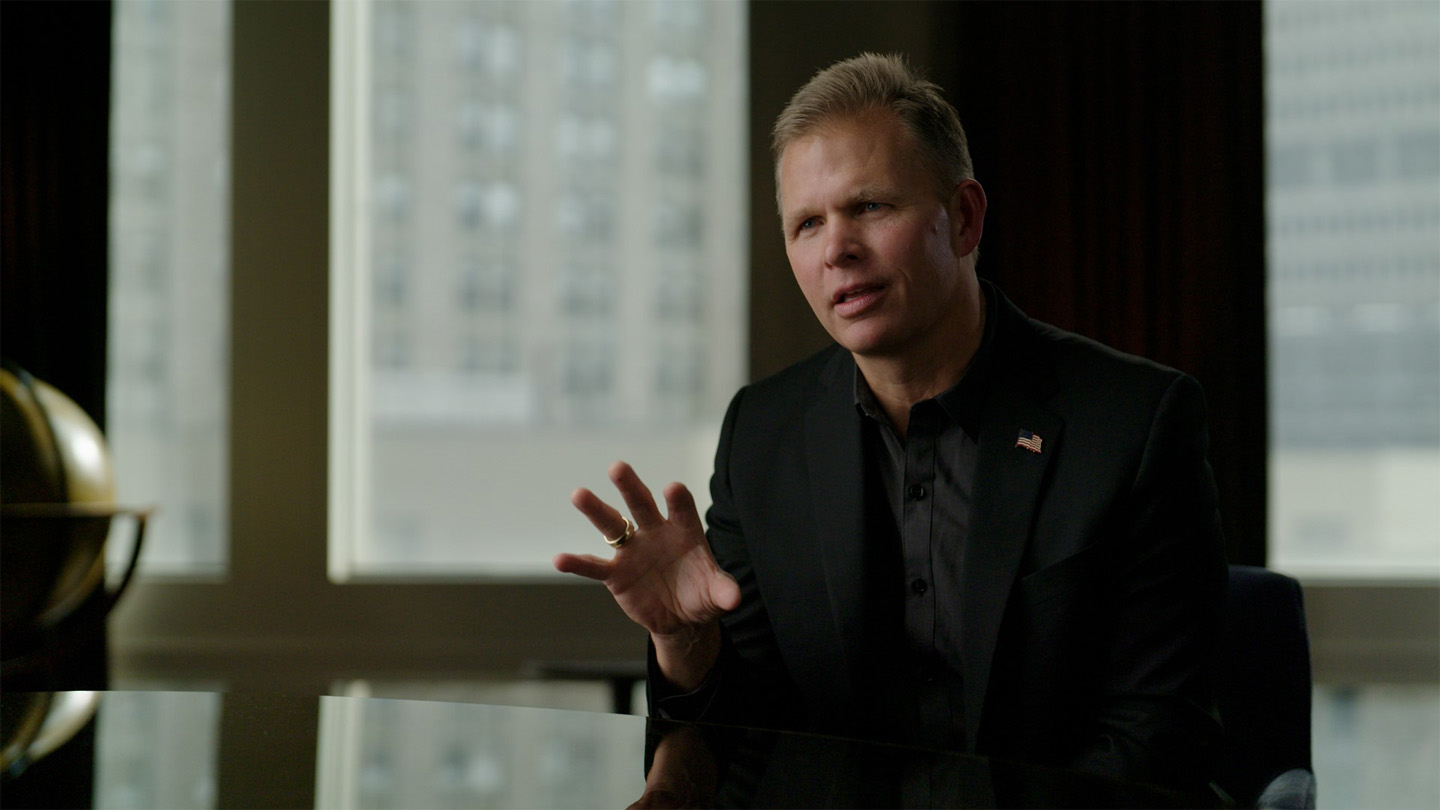
In today’s business landscape, a diverse supply chain is a powerful force for economic growth, opportunity and business development. Small businesses and diverse-owned businesses—including but not limited to those owned by women, racial or ethnic minorities, veterans or people with disabilities—have faced historical challenges expanding their operations. But they consistently bring a spirit of innovation that benefits the broader business community.
Despite the terminology, small and diverse suppliers aren’t just providing inputs for manufactured goods. They’re service providers across every imaginable industry—from consulting to staffing, education, construction, design, technology and more.
Once a business gets its small or diverse certification, it can start to unlock an array of benefits and opportunities. These include access to new business networks, expanded relationships with corporations, access to education and development opportunities, and additional sources of capital.
Who certifies diverse businesses?
Certifying bodies include:
Our how-to guide outlines the different paths to small and diverse certification. It discusses the benefits of getting certified, which include support from the certifying organizations and their networks.
Small and diverse business owners who’ve been certified say the process can sometimes be cumbersome. But completing the steps offers a competitive edge that provides long-term, transformational opportunity. Only a small share of businesses that are eligible for certification have completed the process, suggesting a largely untapped opportunity.
More than a formality
When Miss Jessie’s Co-founder and CEO Miko Branch started making haircare products with her sister in their kitchen, they couldn’t have imagined landing distribution deals with the country’s biggest retailers.
“I thought that certification was a formality,” Branch said. “The networking that becomes available to you just by being a member of the WBENC or another certifying body, it’s just so much more than what I thought it would be. Little did we know that Target, Walmart, Walgreens, CVS would be our partners. Lo and behold, they came calling.”
Even a small company with the right market positioning can enter major partnerships.
“It’s the classic hub and spoke,” said Frederick Royall III, National Head of Diverse Businesses for JPMorganChase Commercial Banking. “You can have so much more impact if you’ve aligned with key organizations who themselves are aligned” with companies across a variety of industries.
Approach with patience, and stick to the plan
While small and diverse certification won’t instantly create business relationships, it does nurture them.
“There’s a consensus among some that [getting certified as a small or diverse supplier] is more helpful for the customer than it is for the company. I don’t agree with that,” said Joe Blackstone, founder and president of Blackstone Consulting. “That designation has been helpful—especially in the corporate community. You have to do the work and do it well. But having that certification opens up a door to have those conversations.”
Leaders must treat small and diverse certification as a long-term process, not an end goal.
“It’s a major first step in your journey,” said Ted Archer, Global Head of Business Supplier Network at JPMorganChase. “Once you have it, however, you have to proactively develop relationships with the companies you want to do business with.”
Stringent standards and a support network
Being officially recognized as a small or diverse supplier requires sharing details about your business with a certifying body, and that can make owners and executives hesitate. But the process is designed so that all that information is vetted by one party—the certifying body—rather than by each potential client, each time.
“Every time I get fatigued with the certification process, I remind myself that I want to continue doing big business with my large partners, therefore making it worth the effort,” Branch said. “So far, I’ve had no regrets with my decision to stay the course.”
Supplier diversity programs are an opportunity for large companies to remove obstacles, Archer said. “Once there’s a relationship established, the work to meet minimum corporate standards is collaborative. We work closely with our suppliers to ensure that they navigate our organization and deliver their services successfully,” he said.
“We work to help our suppliers meet our standards. They not only meet them; they exceed them. Small and diverse businesses just need access—and the support to help them grow.”

Ted Archer
Global Head of Business Supplier Network at JPMorganChase
JPMorgan Chase Bank, N.A. Member FDIC. Visit jpmorgan.com/commercial-banking/legal-disclaimer for disclosures and disclaimers related to this content.







